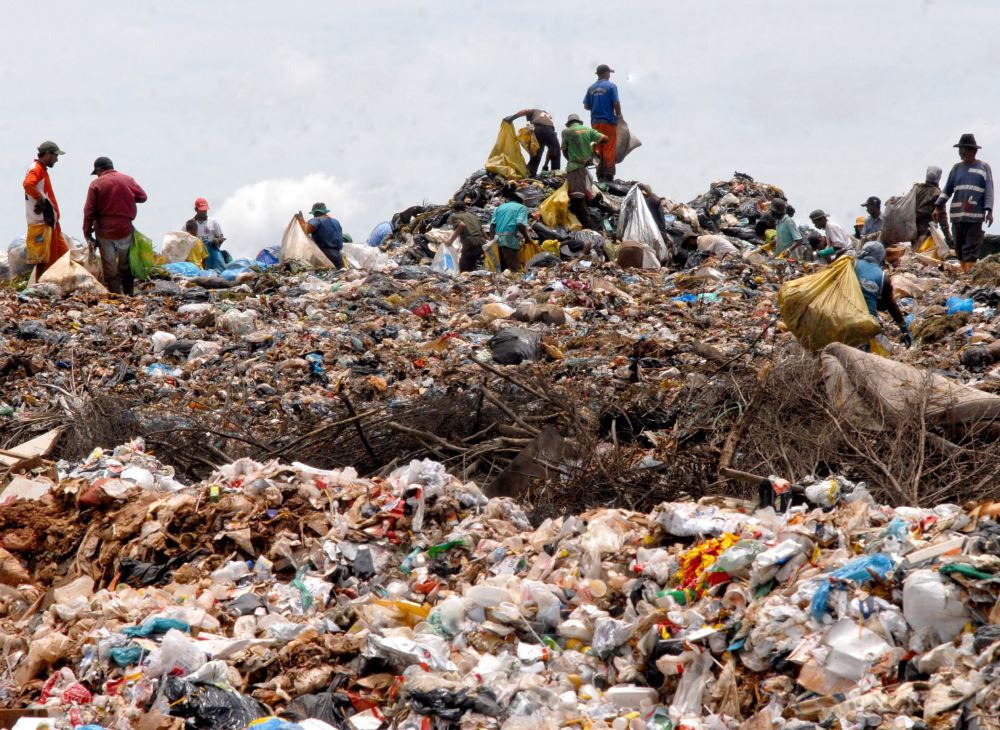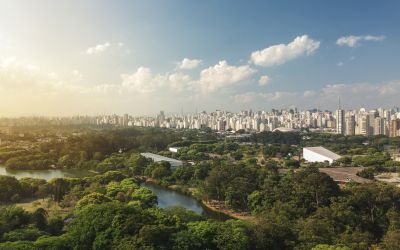Rio Olympics programme to recycle waste
A waste picker programme has been launched for the Rio Olympics, thanks to a partnership between Brazilian waste pickers, Rio authorities and Coca-Cola

A waste picker programme has been launched for the Rio Olympics, thanks to a partnership between Brazilian waste pickers, Rio authorities and Coca-Cola.
Waste picking has always been a common yet marginalised profession in Brazil, as Brazilian cities lack formal recycling programmes.
For the Rio Olympic Games, 240 waste pickers from 33 of Rio’s waste collecting co-operatives have been officially contracted to take care of the recyclable waste – taking plastic bottles and aluminium cans to a depot to be sorted, stored and sold on by co-ops to scrap merchants.
They will be operating on three of the four Olympic sites: Maracana, Olympic Park and Deodoro.
The profits from the sales of the recycled goods will be shared between the workers on top of a fixed daily salary by the Olympic Committee. A percentage of the profits will also be used to invest in new equipment.
Tania Braga, Head of Sustainability for Rio2016, declared that the waste pickers were expected to handle 3,500 tonnes of recyclables during the Olympic Games.
Braga said: “It’s in their interest to perform; [waste pickers] want this opportunity... They are very well prepared. We built logistics together with them and we were very impressed during the planning phase. So this gives us a lot of confidence.”
Rio 2016, Coca-Cola, Rio state government and Brazil’s federal government jointly invested around £720, 000 to fund the programme.
Haroldo Mendonça, solidarity economy coordinator at the Labour Ministry says: “Brazil is only beginning to understand the advantages of recycling... But we can give an example to other countries to show how to combine environmental care with economic empowerment.”
The hope is to use the model of the Rio waste picking programme – which was started at a smaller scale for Brazil’s football World Cup in 2014 – for other events throughout the year such as the Rio Carnival.
Ricardo Alves de Oliveira, a policy coordinator at Rio’s Environment Office says: “This model will be an example for the whole country to replicate... We will leave a legacy for all big events in Rio.”






